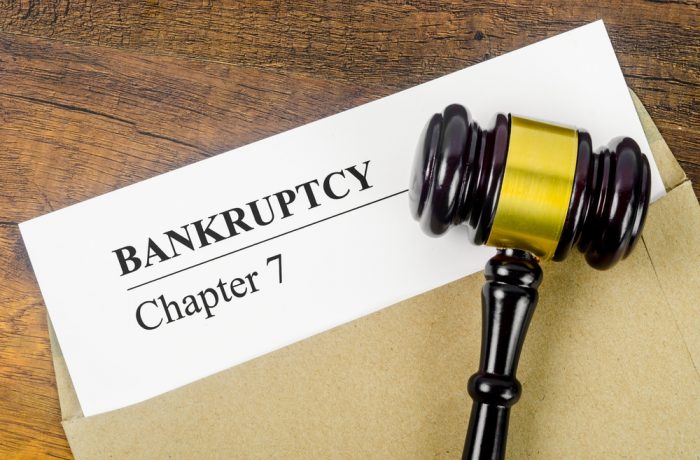Declaring bankruptcy is often seen as a last resort for individuals drowning in debt. However, it is crucial to understand that bankruptcy is not an indication of failure but rather a structured, legal way to manage and eventually overcome insurmountable financial difficulties. In this article, we will explore how bankruptcy affects your credit score, the duration of its impact, and its implications for future borrowing.
Understanding Bankruptcy
Bankruptcy is a legal process designed to help individuals or businesses eliminate or repay their debts under the protection of the bankruptcy court. There are different types of bankruptcy filings, with Chapter 7 and Chapter 13 being the most common for individuals.
- Chapter 7 Bankruptcy: Also known as liquidation bankruptcy, this type of bankruptcy involves selling a debtor’s non-exempt assets to repay creditors. Most unsecured debts are discharged, providing a fresh start.
- Chapter 13 Bankruptcy, Also known as reorganization bankruptcy, allows individuals to keep their property and repay debts over three to five years based on a court-approved repayment plan.
Impact on Credit Score
One of the primary concerns about declaring bankruptcy is its effect on credit scores. While bankruptcy will significantly impact your credit score, it is essential to understand the extent and duration of this impact.
- Initial Drop: Filing for bankruptcy can cause a substantial drop in your credit score, often by 100 points or more. The exact decrease depends on your initial credit score and the specific details of your credit history.
- Duration on Credit Report:
- Chapter 7 Bankruptcy: Remains on your credit report for up to ten years from the filing date.
- Chapter 13 Bankruptcy: Remains on your credit report for up to seven years from the filing date.
3. Rebuilding Credit: While the bankruptcy remains on your credit report for several years, its impact on your credit score lessens over time. Your credit score can gradually improve as you demonstrate responsible financial behavior post-bankruptcy.
Rebuilding Credit Post-Bankruptcy
Recovering from bankruptcy involves patience and strategic financial planning. Here are steps to rebuild your credit after filing for bankruptcy:
- Create a Budget: Establishing and adhering to a realistic budget is crucial. It helps you manage your finances, avoid future debt, and demonstrate financial responsibility.
- Timely Payments: Consistently making on-time payments for any remaining debts, such as mortgages or car loans, will positively affect your credit score.
- Secured Credit Cards: Consider applying for a secured credit card. These cards require a security deposit and can help you rebuild credit by demonstrating your ability to manage credit responsibly.
- Monitor Credit Reports: Regularly check your credit reports for accuracy and to track your progress. Please correct any errors promptly by disputing them with the credit bureaus.
- Avoid High-Interest Loans: Be cautious about new debt, especially high-interest loans or credit cards, which can lead to further financial difficulties.
Future Borrowing: Is It Possible?
Contrary to popular belief, declaring bankruptcy does not permanently bar you from obtaining credit. While securing loans immediately after bankruptcy will be challenging, it is not impossible. Lenders may offer credit at higher interest rates or require collateral to mitigate their risk. Over time, as you rebuild your credit, you can qualify for better loan terms.
Bankruptcy as a Fresh Start
Declaring bankruptcy should not be viewed as the end of your financial journey but as a new beginning. It offers a structured way to address overwhelming debt and provides an opportunity to rebuild your financial health. By understanding the impact on your credit score and taking proactive steps to rebuild your credit, you can emerge from bankruptcy stronger and more financially secure.
In conclusion, while bankruptcy does affect your credit score and future borrowing capacity, it also offers a viable solution for those struggling with insurmountable debt. With time, patience, and responsible financial behavior, you can recover and rebuild your credit, turning what seems like a financial setback into a path toward stability and growth.
Guidance
Bankruptcy is not the end, it’s a new beginning. Give yourself the opportunity of a fresh start. Contact the Bankruptcy Law Firm of Figeroux & Associates today. Call 855-768-8845 or visit www.askthelawyer.us to book a consultation. The lawyer you hire does make a difference!





